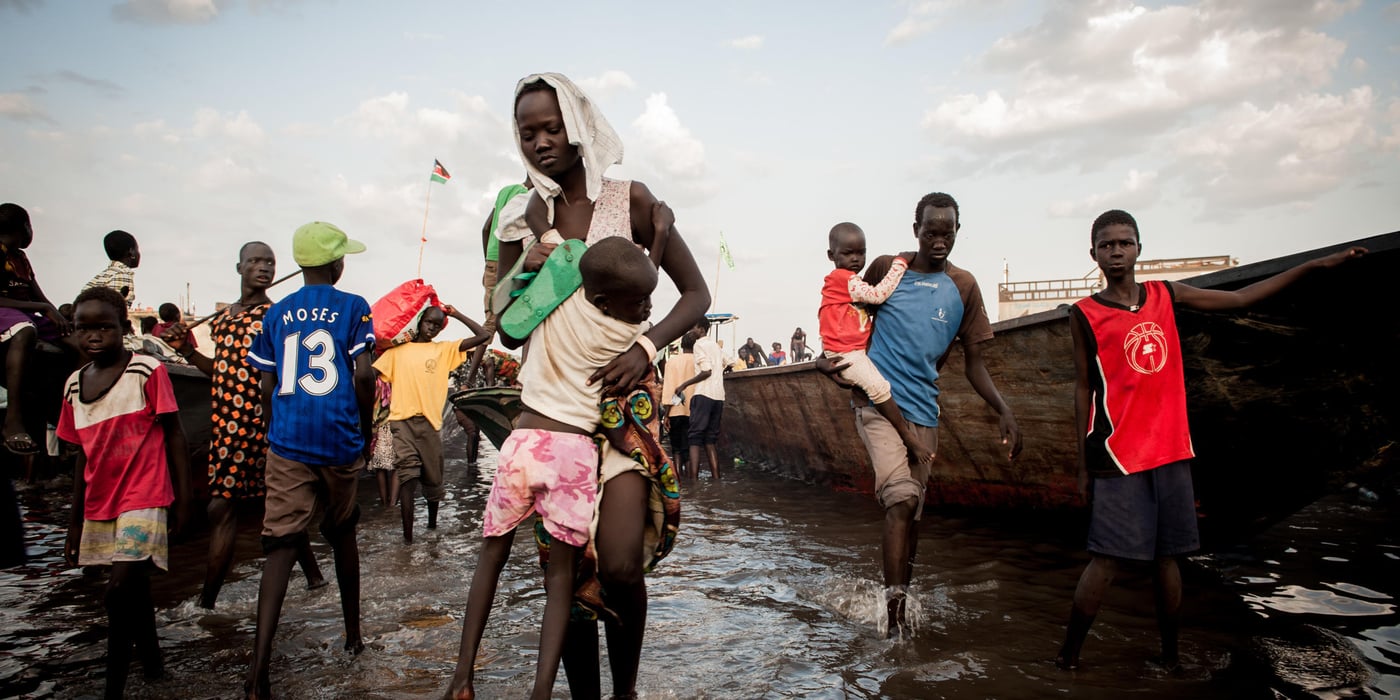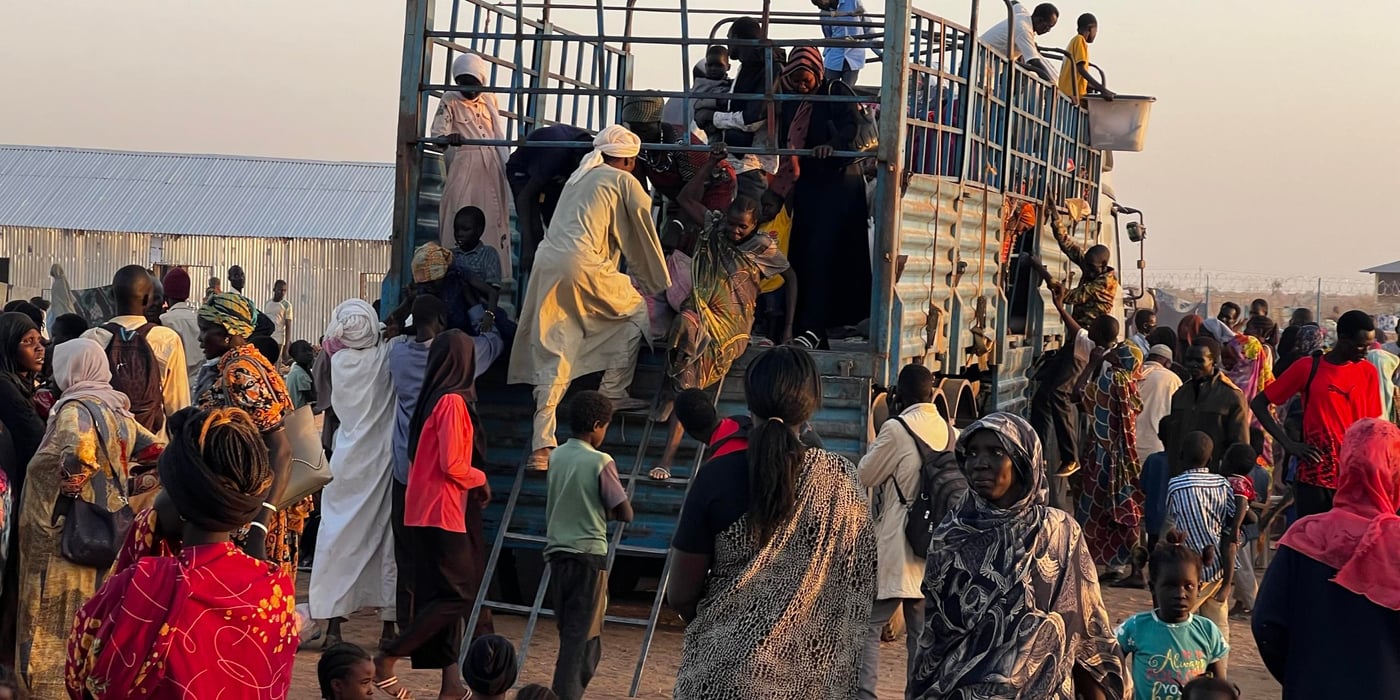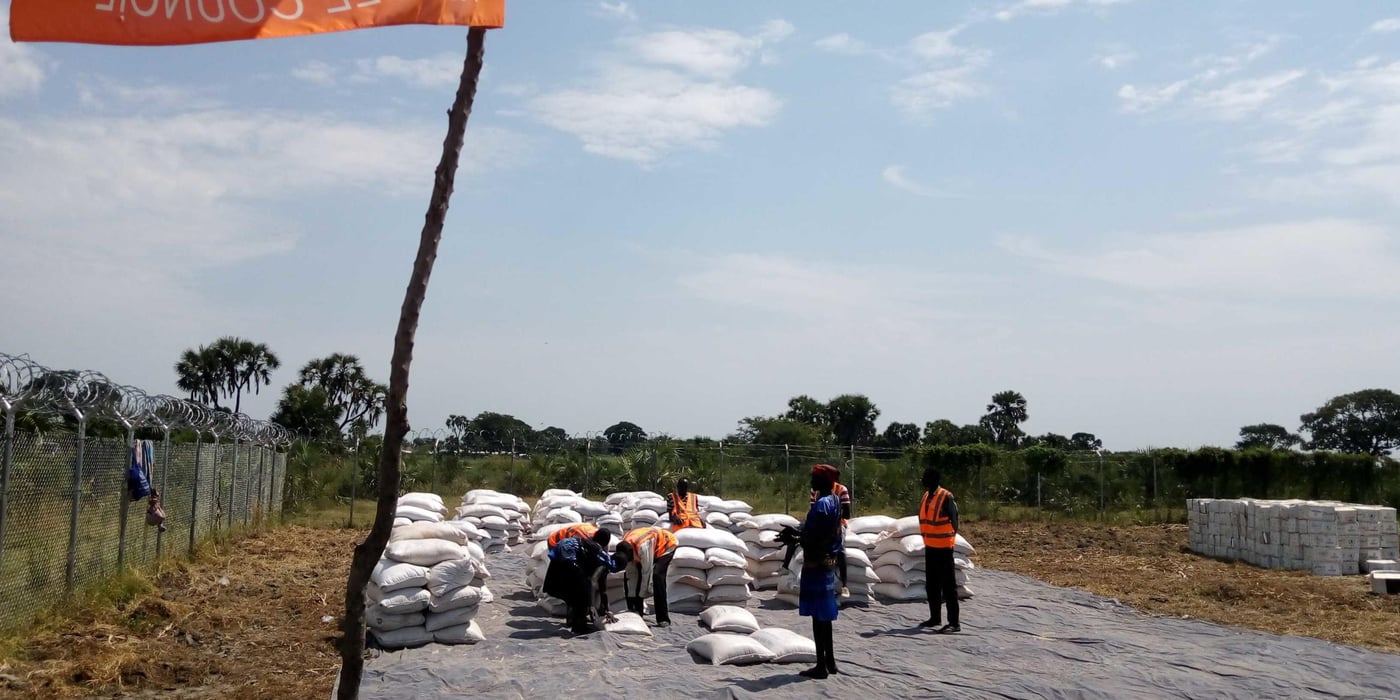
The report, called South Sudan: The Cost of War, is based on research on the cost of the conflict and the prize of not prioritizing peace and constructing their new nation.
Frontier Economics, the Center for Conflict Resolution (CECORE) and the Centre for Peace and Development Studies (CPDS) at Juba University have made the report, quantifying the additional economic costs that would be incurred by South Sudan should the conflict continue beyond today. It takes into account declines in oil revenue and remittances and increases in military spending. Further, it looks at costs incurred in other countries in the region and at a global level.
“The country’s elite is now turning back the clock in building their newly born nation. In many parts of the country the situation is now even worse than before independence. There is humanitarian crisis as well as the effects of long term poverty and underdevelopment”, stresses Egeland.
“We already know a lot about the human costs of the ongoing conflict. The economic loss will prolong the hopeless situation for those who suffer the most from the consequences of violence and conflict. South Sudan’s need for stability and construction is urgent”
The conflict, which erupted in December 2013, has killed tens of thousands. Half the country's 12 million people are in dire need of humanitarian aid, including nearly two million people who fled their homes from the fighting. Nearly a third of the population of the young country are now at risk of famine.
“Without peace, the situation for the people of South Sudan will continue to worsen”, Egeland says. “All responsible parties must increase their efforts to stop the fighting and avoid massive economic and financial costs. Meanwhile, we must ensure that millions of civilians in need gets humanitarian assistance”.
NRC’s Secretary General also praises South Sudan's neighbouring countries, the major host countries for refugees from South Sudan, and encourage these nations to continue their important work to receive and give protection to refugees.
“But this is not only their responsibility. Donors and humanitarian organisations must continue and step up their support to the neighbouring countries in their efforts to meet refugee needs.”



